Heihachirô Ôkawa
Nascimento : 1905-09-09, Sōka, Saitama, Japan
Morte : 1971-05-27
História
Heihachiro Okawa (Japanese: 大川 平八郎 Hepburn: Ōkawa Heihachirō, 9 September 1905 – 27 May 1971), also sometimes credited as Henry Okawa (ヘンリー大川), was a Japanese film actor active from the 1930s to 1971. With hopes of starting a business, he traveled to the United States in 1923 and studied at Columbia University. He also studied at the Paramount Studios acting school and eventually began working in Hollywood, appearing in films by Howard Hawks and William Wellman. He returned to Japan in 1933 and co-starred in the Photo Chemical Laboratories (PCL) film Horoyoi jinsei. He later appeared in foreign films under the name Henry Okawa.
He is best known for Moyuru ōzora (1940), Dawn of Freedom (1944) Tokyo File 212 (1951), Floating Clouds (1955) and The Bridge on the River Kwai (1957).
(Wikkipedia)

Kawasaki
A successful auto executive Vinther becomes entwined with a young nubile girl, following an avoidable car accident, that results in the death of a man. The girl mentally blackmails our executive through manipulation leading to an affair that threatens Vinther's career and marriage.
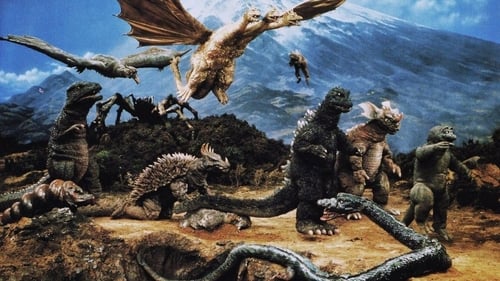
Engineer
No futuro distante de 1999, todos os monstros da Terra foram capturados e detidos nas Ilhas Ogasawara. Tudo está bem no sistema solar até uma raça de alienígenas mulheres controlarem os monstros e liberá-los, causando estragos em todo o mundo. Godzilla ataca Nova Iorque; Rodan invade Moscou; Mothra devasta Pequim; Gorosaurus destrói Paris; e Manda ataca Londres!
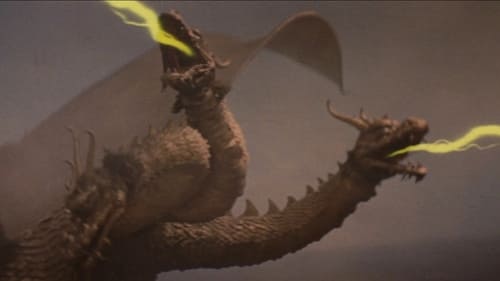
Astronomer
Uma profetisa de Vênus anuncia desastres catastróficos! Godzilla, Mothra e Rodan reaparecem no Japão, causando devastação! Um meteoro gigante colide nas montanhas e o dragão espacial cuspidor de fogo de três cabeças Rei Ghidorah emerge! Conforme as profecias da venusiana se tornam realidade, assassinos de um pequeno reino asiático a caçam, enquanto os monstros da Terra devem decidir se irão resolver suas diferenças mesquinhas e unir forças contra o inimigo extraterrestre!
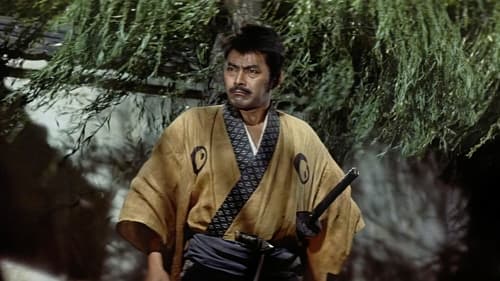
The story tells of a group of samurai who were left leaderless (becoming ronin) after their daimyo (feudal lord) was forced to commit seppuku (ritual suicide) for assaulting a court official named Kira Yoshinaka, whose title was Kōzuke no suke. The ronin avenged their master's honor after patiently waiting and planning for over a year to kill Kira. In turn, the ronin were themselves forced to commit seppuku for committing the crime of murder.

Yoshida (Hotel Manager)
Following combat duty in Korea, a group of United States Marines (Tom Tryon, David Hedison and Tom Reese) are given a furlough in Japan.

Yukio's Father
Yukio, a farm boy, and Toru, a fisherboy, live in a small Japanese village that is periodically threatened by a volcano on one side and tidal waves on the other. Yukio's younger sister Setsu follows then and dreams of becoming a pearl diver. Toru is preparing to go fishing with his father when a bell tolls and a danger flag is hung high on the hill behind the village to warn of an impending tidal wave by the village patriarch, known as Old Gentleman.

Lieutenant Nakamura
Dirk Bogarde is an officer during World War II learning Japanese in India in order to do intelligence work on the Indian front. While there he gets a Japanese teacher, who is full of the inscrutable and mysterious East, like a Chinese motorcycle.
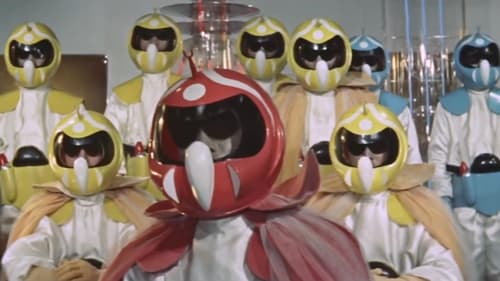
Person at Board Meeting
In Japan, scientifically advanced invaders from the war-destroyed planet Mysteroid cause an entire village to vanish, then send a giant robot out to storm the city by night, after which they request a small patch of land on Earth and the right to marry earthling women, claiming to be pacifists. Mankind must decide whether to capitulate or to resist.
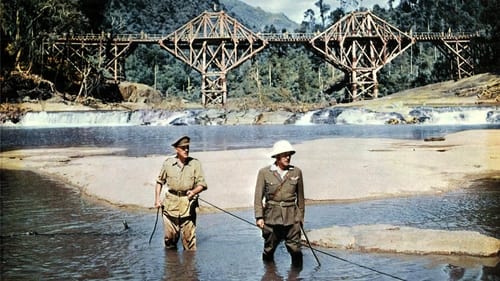
Captain Kanematsu
Depois de liquidar suas diferenças com o comandante de um campo de prisioneiros japonês, um coronel britânico coopera para supervisionar seus homens na construção de uma ponte ferroviária para os seus captores - enquanto permanece alheio aos planos dos Aliados para destruí-la.
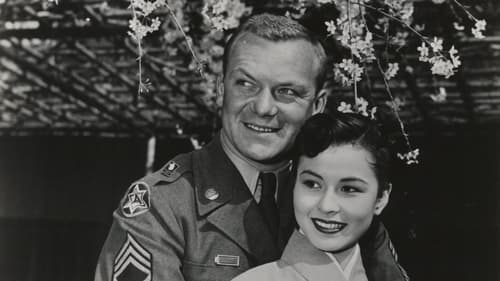
Father Yoshida (as Henry Okawa)
A racist sergeant stationed in post-war Japan finds himself softening towards the children and falling for a local woman.
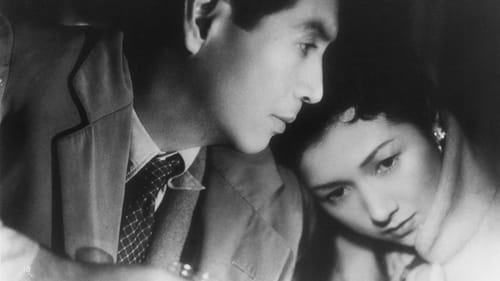
A married Japanese forester during WWII is sent to Indochina to manage forests. He meets a young Japanese typist and promises to leave his wife. He doesn't and after the war, she turns up and the affair resumes.

A ghost man with his face hidden entirely by bandages is killing beautiful nude models. Detective Kindaichi investigates.
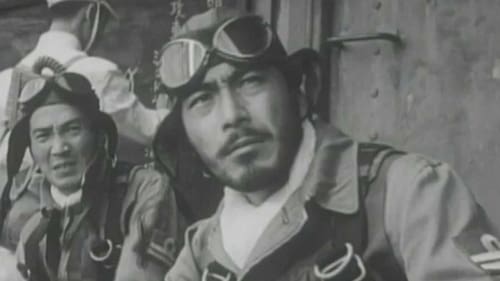
(uncredited)
Admiral Isoroku Yamamoto, a brilliant tactician, is a loyal subject of the emperor, despite his grave misgivings about leading Japan's navy into war with the United States. He opposes the attack on Pearl Harbor, but, overruled, he leads his forces to the best of his ability.

Two American G.I.s visiting Tokyo find themselves mixed up with espionage, a pretty flight attendant, a mad scientist, geisha girls, and a goofy magician-hypnotist and his white rabbits.

Atsuko is an office secretary who is also her family's primary source of income and caretaker in postwar Japan.

Takada
In pre-war Shanghai, a man falls in love with a mysterious woman, but she eventually disappears. Back in Japan, he is obsessed by her memory and tries to recreate the world he knew then.

Kayama
The troubled relationship between a writer and his ballet teacher wife, who has for years loved another man, finally leads to the breakup of the family.
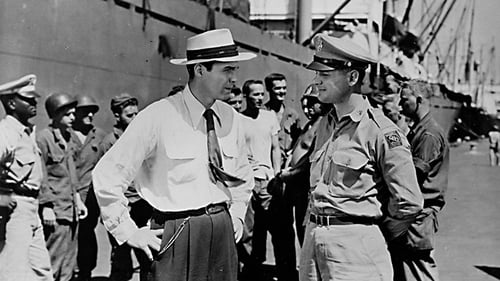
A Communist spy ring in Japan is hard at work trying to sabotage the American war effort during the Korean War, using kidnapping, murder and a disturbed former kamikaze pilot. A U.S. secret agent, posing as a reporter, is dispatched to Tokyo to put a stop to these nefarious activities.

Sub Corporal Ikema Ishihara
This film was made by the Japanese occupation authorities in the Philippines as a propaganda film to show the Philippine people the "benefits" of the Japanese invasion and takeover of their country.

Harada, pilot

A bizarre murder at a hot springs resort threatens to disrupt an Edo detective's (Hasegawa) vacation. When his hot-blooded wife (Yamada) starts snooping around, however, he finds himself reluctantly drawn in to the case.

Okada
What is marriage? Young couple in match-making wanted to know before they decide. They visited married couples of sisters and brothers. Love comedy in 1942.

The title might sound shocking, but the red hands mean, the hands which drag fishnets. Ohama, 15 or 16 years old girl lost her family and lived alone in a fishermen's village. She is a strong-minded girl and very popular among young children.
I guess that this story is one of the origins of girl's manga in the 1950s in which I belonged to the first generation of Japanese story manga.

This movie is presumed to be lost.

Twenty-year-old Yoshiko (Setsuko Hara) and her younger sister Asako (Yōko Yaguchi) struggle to accept changes in their home during the preparations of their widowed father's wedding to his chosen bride, Maki Tsuneko (Sadako Sawamura), who's anxious about her conduct as the bride.

Japanese film based on the life of writer Ichiyo Higuchi (1872-1896).

Japanese war movie
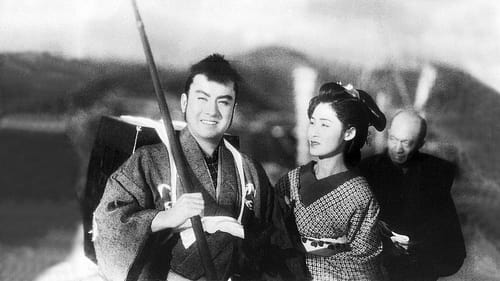
The film tells about the life of the former vassal of the Ako clan - Fuwa Katsuemon Masatane.

Matsuzaki
Drama about a couple and how they found themselves related with music, their egos and each other.
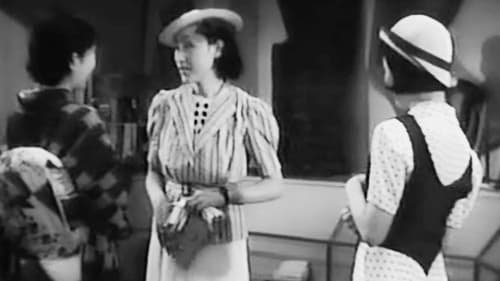
Part 2 of a 2-part romance (fist part - Kafuku zempen) based on a story by noted author Kikuchi Kan. In the second half, we discover that Toyomi is pregnant -- and while Shintaro and Yurie are on their extended honeymoon, she bears his child, a girl named Kiyoko. She is supported in adversity by Michiko -- and gets considerable moral support from not only her own mother but also from Shintaro's mother and siblings. Even more surprisingly, Yurie strikes up a friendship of sorts with her. When Yurie learns that the child is Shintaro's, she convinces Toyomi that it would be best to let Shintaro (and her) raise Kiyoko, so Toyomi can get on with making a proper life for herself. Tearfully, Toyomi agrees. Sometime later, Michiko goes to visit Toyomi -- and sees her at work, as a kindergarten teacher.
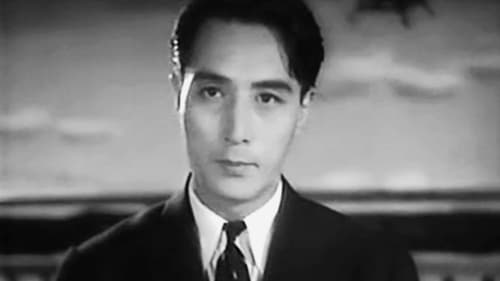
Part 1 of a 2-part romance based on a story by noted author Kikuchi Kan. The central character here is Toyomi (played by Takako IRIE, star of Mizoguchi’s "Water Magician), a rich young woman in love with Shintaro (Minoru TAKADA), a rich young man. Unfortunately, Shintaro’s father is in the process of arranging a marriage for him with Yurie (Chieko TAKEHISA), the scion of an even wealthier family. In order to avoid this, the two young lovers flee to Tokyo to live together. When Shintaro comes back to proclaim his intent to marry Toyomi, his father browbeats him into attending the long-arranged marriage meeting with Yurie. While Shintaro is back home, Toyomi goes on a vacation trip with her closest chum, Michiko (Yumeko AIZOME). At a class reunion, Toyomi is to distressed (at not having heard from Shintaro for so long), she doesn’t go out on the town with her classmates. Michiko, however, runs into Shintaro and Yurie (also out on the town), and pulling him aside, demands an explanation.

Japanese domestic drama.
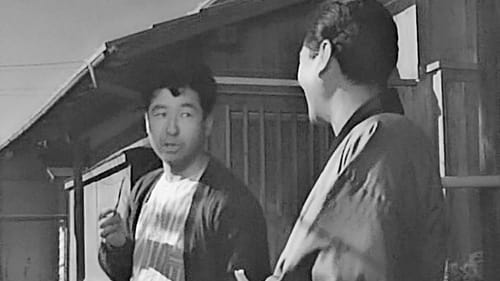
Ogawa
As suggested by the title, this film takes up the theme of the city, beginning with a series of traveling shots from Chiyo's point o view on a bus leaving the countryside and entering the metropolitan cityscape. After some fruitless job hunting in downtown Tokyo, Chiyo accepts a job as a bar hostess in Shiba ward. Well away from glamorous Asakusa and Ginza, this is a neighborhood bar where the women are dirt poor, each having only one kimono to their name....
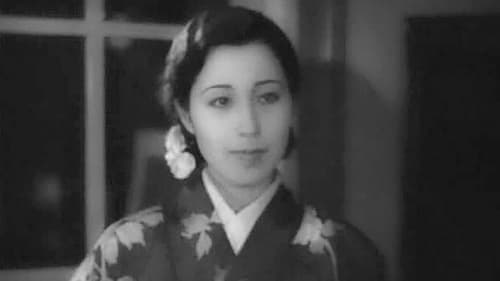
Asaji Amanuma
The otherwise promising young man Asaji (Heihachirô Ôkawa) and his younger brother Yuji (Hideo Saeki) face blighted lives because of society's disapproval of their illegitmacy and déclassé family.

Ino tries to control Mon’s every move, but she becomes a fallen woman, having an affair with a student, Obata whereas her sister San remains a “good girl.” The mother is very supportive of her daughters, but, the father, Akaza, who is the stonecutter foreman on the damn, lacks control of his family.

Shintaro
A story of two sisters, the older being more traditional, the younger a "moga" ("modern girl"). Their widowed father runs the family sake shop, but is running into financial trouble, causing him to tamper with his stock; Meanwhile, his long-time mistress yearns for something more serious. Amidst this, the older sister is introduced to a well-off suitor: A university boy, much more intrigued by the less traditional little sister. A doddering grandfather, an officious uncle and busybody neighbors also don't make the lives of the hardworking members of the family any easier.
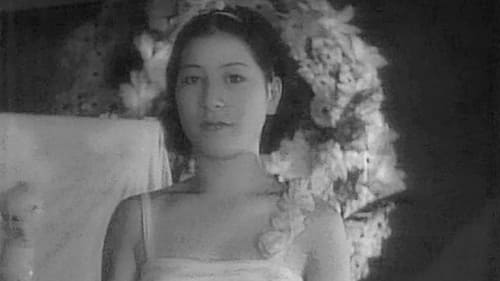
Kokichi
The main focus is on the 5 member band of a small circus as it runs into problems while touring rural Japan. It also pays lots of attention to the two daughters of the aging and irascible ringmaster-circus owner. The high points are the sound (and score) and cinematography featuring a lot of vertiginous panning (appropriate - as high wire trapeze artists are also an important element in the film). A fascinating side-light on 30s Japan.
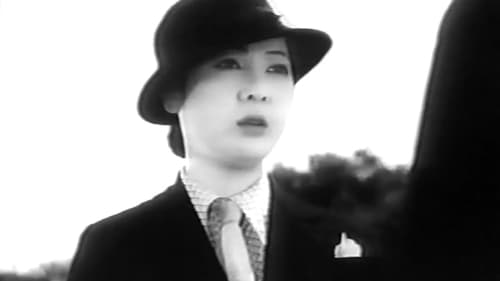
Seiji (Kimiko's boyfriend)
Kimiko, a Tokyo white-collar working girl, lives with her serious, intellectual, haiku-writing mother. Kimiko seeks to marry her boyfriend but needs her absent father to act as the go-between and negotiate the marriage. Kimiko travels and finds her father living with a second family.

Sankichi
Adaptation of Fumiko Hayashi's novel.

Aoyama
Three sisters earn money for their bossy mother by being samisen street musicians. This means mainly playing a banjo type instrument for tips in bars...

Studio P.C.L. was specifically founded to make sound films, and this early musical balances the aesthetics of the sound film with those of the stage revue. The king of Tokyo’s revue stage, comedian Ken’ichi Enomoto (Enoken) had made his name in the capital’s theatrical district of Asakusa. The film employed not only the star, but his entire theatrical troupe, and the narrative was structured around scenes which Enoken had played successfully on stage. Billed as offering 'Japan’s number one comedy actor and Japan’s number one musical comedy,' the film self-consciously borrowed from Hollywood musical comedy; indeed, the original posters carried spoof endorsements by Eddie Cantor and the Marx Brothers! Director Kajiro Yamamoto, making his P.C.L. debut, would become a stalwart of the company and its successor, Toho. He was to have a profound influence on Japanese film history as mentor to Akira Kurosawa, who assisted him on a number of films including Horse (Uma, 1941).

The film generally regarded as Japan’s first true musical was also the first film made entirely in-house by the pioneering studio P.C.L., a company founded specifically to take advantage of emergent sound technology. P.C.L. worked in collaboration with a brewer’s firm, Dai Nihon Biru, who met the production costs of the film in full, and whose products are featured in the film in an example of the sophisticated and modern merchandising typical of the studio’s early work. The film is partially set in a beer hall, and its story concerns a beer seller at a train station and her relationship with a music student trying to create a hit song. Director Sotoji Kimura was to become a company stalwart, making such films as Ino and Mon, while actress Sachiko Chiba would emerge the studio’s first real star, appearing in such films as Wife Be Like a Rose.





















